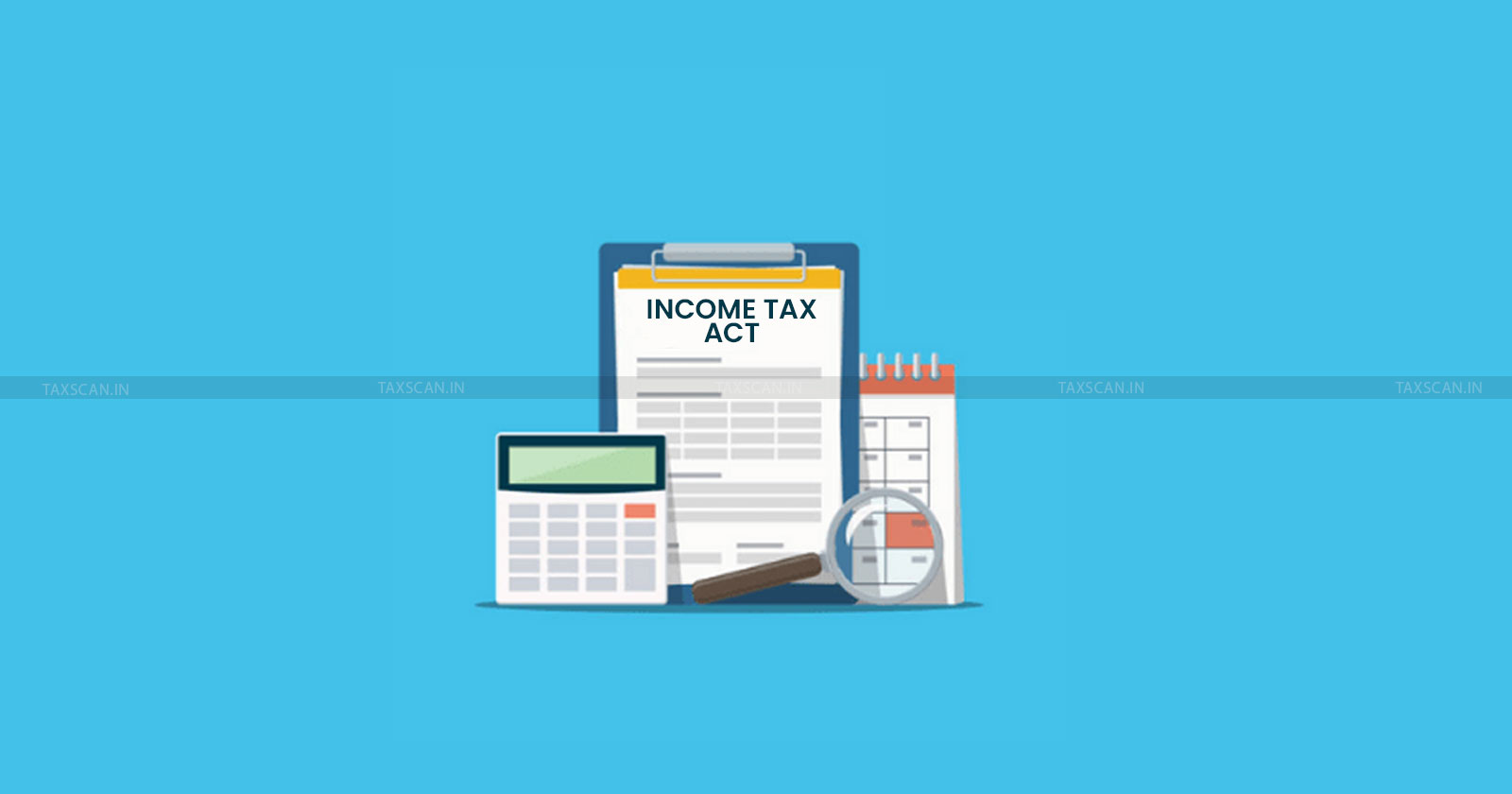SCN Issued on Email Address Mentioned in MCA Website: Delhi HC Upholds Penalty Proceedings Initiated u/s 270 A of Income Tax Act [Read Order]
Since the petitioner’s challenge to the impugned order rests solely on the basis that the notices preceding the assessment order were sent at an incorrect email address
![SCN Issued on Email Address Mentioned in MCA Website: Delhi HC Upholds Penalty Proceedings Initiated u/s 270 A of Income Tax Act [Read Order] SCN Issued on Email Address Mentioned in MCA Website: Delhi HC Upholds Penalty Proceedings Initiated u/s 270 A of Income Tax Act [Read Order]](https://images.taxscan.in/h-upload/2025/06/09/2041778-show-cause-notice-scn-delhi-high-court-taxscan.webp)
The Delhi High Court upheld the penalty proceedings initiated under section 270A of the Income Tax Act, 1961 as the show cause notice (SCN) was issued to the email address mentioned on the MCA website.
Kalkajee Kraft Paper Private Limited, the petitioner, has filed the present petition impugning an assessment order dated 18.03.2024 [impugned order] passed under Section 143(3) read with Section 144B of the Income Tax Act, 1961 [the Act]. The petitioner also impugns a penalty proceeding initiated under Section 270A of the Act pursuant to the notice dated 18.03.2024 issued by respondent no.1 [AU]. The petitioner claims that the impugned order has been passed without issuance of notices to the petitioner.
Know Practical Aspects of Tax Planning, Click Here
The petitioner claimed that the AU had issued notices to the petitioner at an incorrect email ID and therefore, the same were not received. On the aforesaid basis, the petitioner contends that the impugned order has been passed in violation of the principles of natural justice and therefore is liable to be set aside.
Mr Singh, the counsel for the Revenue, stoutly disputes the contention that the notices sent to the petitioner under Section 142(1) of the Act or the show cause notices issued were not duly communicated to the petitioner.
 Also Read:Delhi HC Upheld Acquittal Order of Offence u/s 276B of Income Tax Act on Finding Committed Bonafide Mistake, Dismisses Income Tax Officers Appeal [Read Order]
Also Read:Delhi HC Upheld Acquittal Order of Offence u/s 276B of Income Tax Act on Finding Committed Bonafide Mistake, Dismisses Income Tax Officers Appeal [Read Order]
The petitioner was incorporated as a private company under the name and style of Anarkali Trading Private Limited on 28.06.1993. The petitioner’s name was, subsequently, changed to Balprada Trading Private Limited with effect from 15.09.2003 and a certificate of incorporation reflecting the change in the name was issued by the Registrar of Companies [ROC]. The petitioner’s name was once again changed on 17.11.2022. On 01.06.2023, the petitioner received a notice at its email ID
It is the petitioner’s case that the notice had been sent at the email address, which is not the registered email address of the petitioner. Nonetheless, the petitioner had responded by submitting a partial reply to the said notice on 14.08.2023. Although the petitioner had committed that it would furnish the remaining information by 07.09.2023, the petitioner had not done so.
The provisions of Section 292BB of the Act are clearly applicable as the petitioner had participated in the inquiry relating to the assessment and therefore, it was precluded from raising any objection that the notice was not served or was served improperly.
Want a deeper insight into the Income Tax Bill, 2025? Click here
A division bench of Justice Vibhu Bakhru and Justice Tejas Karia accepted that the impugned order has been passed in violation of principles of natural justice on the ground that the petitioners have not been afforded a sufficient opportunity to represent its case. There is also no dispute that the notices have been duly put up on the ITBA Portal and the petitioner was aware of the assessment proceedings.
Since the petitioner’s challenge to the impugned order rests solely on the basis that the notices preceding the assessment order were sent at an incorrect email address. Since we do not find any merit in the said contention, the present petition is dismissed.
The court directed that in the event the petitioner avails its statutory appellate remedies, if not already done, within a period of two weeks from date, the same would be considered by the appellate authority uninfluenced by the question of delay.
Support our journalism by subscribing to Taxscan premium. Follow us on Telegram for quick updates


